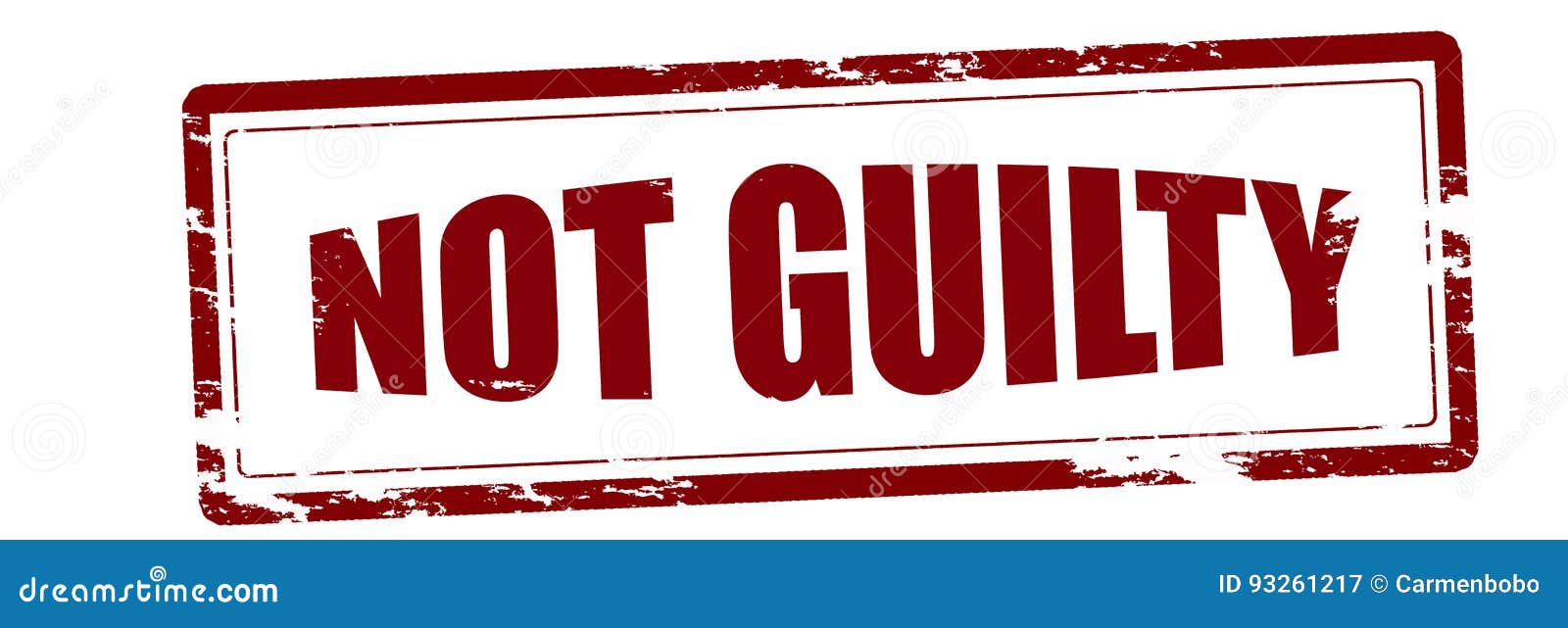
Go to Which court will I go to? for more information on indictable-only, either-way and summary offences, as well as how certain cases remain in the magistrates’ court or proceed to the Crown Court.Ī guilty plea must be entered by the defendant him/herself by replying “Guilty” when the charge is put. This means that the first appearance at the magistrates’ court is your first opportunity as a defendant to either plead guilty or to indicate a plea of guilty, depending on the precise charge you face. If your case is one which can be heard only in the magistrates’ court (a summary offence), you will not go through the Plea Before Venue procedure and can plead Guilty or Not Guilty. If you indicate a not guilty plea, you and the court will then decide whether you will be tried in the magistrates’ court or the Crown Court. If you indicate a guilty plea, the court will then decide whether you will be sentenced in the magistrates’ court or the Crown Court. This means that you will be asked if you intend to plead Guilty or Not Guilty. If your case is one which can be heard either at the magistrates’ court or the Crown Court (an either-way offence) then the magistrates’ court will go through what is known as the Plea Before Venue procedure. This would mean that your case would then be listed for a guilty plea (and possibly also for sentence) at the next hearing in the Crown Court. However, if you intend to plead guilty, you can indicate a plea of guilty at the magistrates’ court. If your case is one which can only be dealt with in the Crown Court (an indictable-only offence), a guilty plea can only be entered at the Crown Court. For more on this go to Part 3: Basis of Plea >Įxcept for minor offences such as speeding (where you can plead guilty by post without the need to attend court) your first court appearance will be at the magistrates’ court.ĭepending on the charge you face, and sometimes the complexity and seriousness of what is alleged, your case will either stay in the magistrates’ court or go to the Crown Court. When this happens you can plead guilty on a particular factual basis. Sometimes you may accept that you are guilty of an offence, but not accept the facts of the offence as put forward by the prosecution.
#GUILTY OR NOT GUILTY TRIAL#
To find out whether your trial will take place in the magistrates’ or Crown Court, see Which court will I go to? > Go to the sections on magistrates’ court trial and Crown Court trial to know exactly what to expect during the trial process. This means that your case will then go to trial where the prosecution will seek to prove that you are guilty. If you do not accept that you are guilty of the offence, then you should plead Not Guilty. Similarly, you may think you are guilty, when actually you have a defence available to the charge, such as self-defence. Some offences are technical in nature and it is important to receive legal advice before making that decision. You should not plead guilty unless you know precisely what it is you are pleading guilty to. For this reason, following a guilty plea there is no need for a trial and the court will proceed to sentence, either immediately or at a later hearing. Once you plead guilty you are convicted of the offence. Pleading guilty to an offence means that you accept you have committed that offence. You can only be convicted of an offence in one of two ways: first, by pleading guilty or second, by being found guilty following a trial. Part 4 covers changing your plea from Not Guilty to Guilty and from Guilty to Not Guilty, as well as whether you can appeals following a plea of guilty.
#GUILTY OR NOT GUILTY HOW TO#
Part 3 covers how to plead guilty on a partcular factual basis (Basis of Plea) as well as fact-finding Newton Hearings and how to obtain an advance indication of your sentence Part 2 covers credit (reduction in sentence) both for a guilty plea and for asisting the prosecution


There are three further parts to the Guilty Plea pages: to be unable to take part in the trial process). On this page in Part 1, you can read about what it really means to plead guilty, what an indication of plea is, how and when to plead guilty, sentencing following a guilty plea, plea bargaining, the implications of telling your lawyer you are guilty and what it means to be unfit to plead (i.e. It is for these reasons that the earlier the guilty plea, the greater the reduction in sentence (credit) the court will award. In most circumstances when you plead guilty, the court will award a discount on sentence to reflect the fact that there has been no need for a trial and time and expense have been saved and, in particular, victims of crime and witnesses have been spared the trouble and anxiety of having to give evidence.


 0 kommentar(er)
0 kommentar(er)
